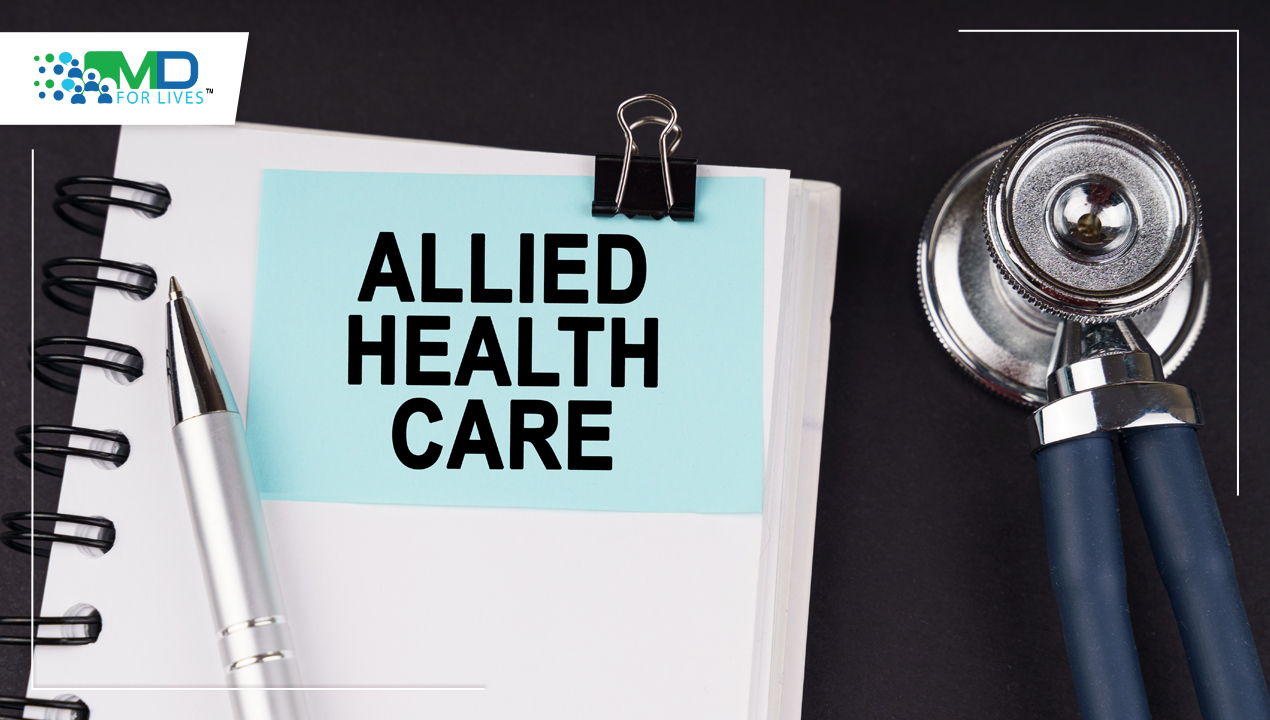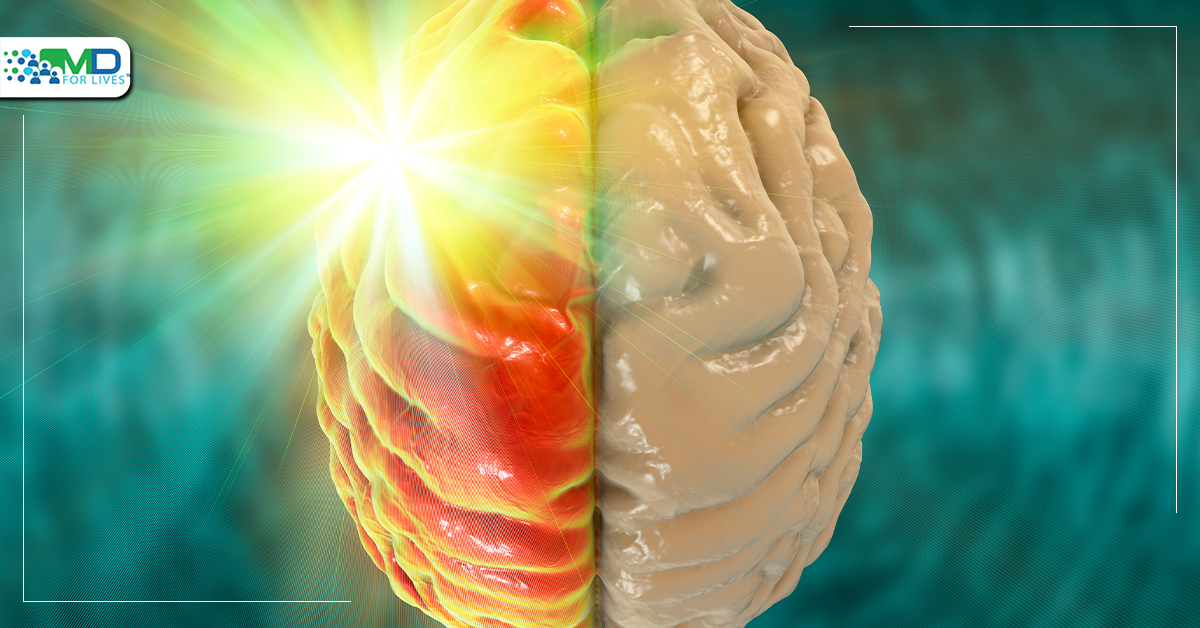In the ever-evolving landscape of medical research, the insights of allied healthcare professionals are becoming increasingly vital. These professionals, who work alongside doctors and nurses, possess a unique perspective and a wealth of knowledge that can significantly contribute to the advancement of medical research. As the future of healthcare relies on a multidisciplinary approach, recognizing the importance of allied health professionals is crucial for driving innovation and improving patient outcomes.
Importance of Allied Healthcare Professionals
Allied healthcare professionals play a critical role in the healthcare system and their importance cannot be overstated. These professionals, who work alongside doctors and nurses, contribute in various ways to patient care, treatment and overall healthcare delivery. Here are some key reasons why allied healthcare professionals are important:
- Comprehensive Patient Care: Allied healthcare professionals provide essential support in delivering comprehensive patient care. From medical laboratory technicians performing diagnostic tests to physical therapists aiding in rehabilitation, these professionals bring specialized skills and expertise to enhance patient outcomes and overall well-being.
- Specialized Expertise: Medical healthcare professionals bring a wide range of specialized expertise to the healthcare team. Whether it’s radiologic technologists capturing accurate imaging, respiratory therapists managing respiratory conditions or occupational therapists helping patients regain functionality, their specific knowledge and skills complement the efforts of doctors and nurses.
- Efficiency and Workflow Optimization: By assisting with various healthcare procedures, allied healthcare professionals contribute to the efficiency and optimization of healthcare workflows. Their involvement allows doctors and nurses to focus on their core responsibilities while ensuring that ancillary tasks are handled effectively and in a timely manner.
- Improved Access to Healthcare: The involvement of allied healthcare professionals helps improve access to healthcare services, particularly in underserved areas. These professionals often work in primary care settings, rural communities and specialized clinics, bringing essential care to populations that might otherwise face challenges in accessing healthcare.
- Interdisciplinary collaboration: Allied health professionals promote interdisciplinary collaboration by working closely with other healthcare providers. Their participation in care teams enhances communication, coordination and shared decision-making, leading to better overall patient outcomes and a more holistic approach to healthcare.
- Preventive care and health promotion: Many allied healthcare professionals are actively involved in preventive care and health promotion initiatives. For example, dietitians and nutritionists provide dietary counseling, respiratory therapists educate patients on respiratory health and health educators promote wellness strategies. Their contributions focus on preventing disease, promoting healthy lifestyles and empowering individuals to take control of their health.
- Research and innovation: Allied healthcare professionals contribute to research and innovation by participating in clinical studies, providing valuable data and offering insights based on their clinical experiences. Their involvement helps advance medical knowledge, improve treatment options and drive innovation in healthcare practices.
- Patient Advocacy: Medical healthcare professionals often act as patient advocates, ensuring that patients receive appropriate care and support. They play a vital role in educating patients about their conditions, treatment plans and self-care strategies, empowering them to actively participate in their own healthcare journey.
Role of Allied Health Professions in the future of medicine and healthcare research
Allied health professions, such as medical laboratory technicians, radiologic technologists and respiratory therapists, are at the forefront of patient care. They interact directly with patients, perform diagnostic tests, administer treatments and monitor their progress. Their close proximity to patients and their hands-on involvement in healthcare processes provide them with invaluable insights into the intricacies of various medical conditions and treatments.
These professionals can offer rich qualitative and quantitative data based on their daily interactions with patients. Their observations, experiences and suggestions can lead to groundbreaking discoveries and advancements in medical research. By actively participating in research studies and sharing their findings, allied healthcare professionals can contribute to evidence-based practices, refine existing treatment protocols and identify innovative approaches to patient care.
Furthermore, allied healthcare professionals are often involved in the collection and analysis of clinical data. They have a deep understanding of the intricacies of diagnostic tests, imaging procedures and therapeutic interventions. Their expertise in handling and interpreting this data provides critical information that can shape the direction of medical research.
The insights of allied health professionals can also bridge the gap between research and practice. Their understanding of the challenges and limitations of implementing new techniques or therapies in real-world clinical settings can guide researchers in designing more practical and effective studies. By considering the perspectives of these professionals, researchers can develop interventions that are not only scientifically rigorous but also feasible and sustainable in everyday healthcare environments.
Collaboration between medical healthcare professionals and researchers is essential for holistic and patient-centered care. By engaging in multidisciplinary teams, these professionals can share their expertise and contribute to the design and implementation of research projects. Their involvement ensures that research initiatives address the most pressing clinical needs and are aligned with the realities of healthcare delivery.
Moreover, the insights of allied healthcare professionals are invaluable in the translation of research findings into practice. Their active involvement in the dissemination of research outcomes and the adoption of evidence-based practices within their respective fields can bridge the gap between the bench and the bedside. By actively promoting and implementing research findings, medical health professionals contribute to improving patient care and enhancing healthcare outcomes.
As the future of medical research continues to evolve, recognizing the importance of allied healthcare professionals is essential. Their insights, expertise and hands-on experience are instrumental in driving innovation, improving patient outcomes and shaping the direction of healthcare delivery. By fostering collaboration between researchers and allied health professionals, we can unlock the full potential of medical research and pave the way for a brighter future in healthcare.

MDForLives is a global healthcare intelligence platform where real-world perspectives are transformed into validated insights. We bring together diverse healthcare experiences to discover, share, and shape the future of healthcare through data-backed understanding.






